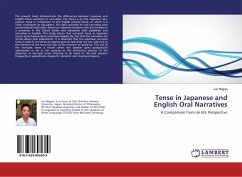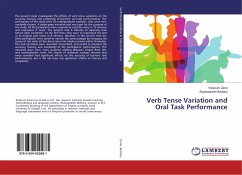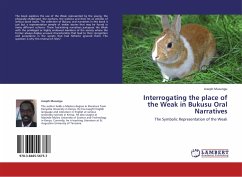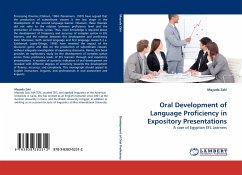The present study demonstrates the differences between Japanese and English tense variations in narratives. The focus is on the Japanese non-present tense in comparison to the English present tense, of which it is often considered an equivalent. The data consisted of oral narratives with conversational interaction from four Japanese students who are enrolled in a university in the United States and compared with published oral narratives in English. The study shows that non-past tense in Japanese occurs quite frequently in narratives despite the fact that the narratives are stories about past experiences. It is observed that the Japanese non-past tense is used in narratives to express general facts that are not only true at the moment of the story but also at the moment of speaking. This use of the non-past tense is found when the speaker gives background information or his or her opinions in the orientation portion of the discourse. A non-past tense referring to an event in the past appears frequently in subordinate clauses for semantic and structural reasons.
Bitte wählen Sie Ihr Anliegen aus.
Rechnungen
Retourenschein anfordern
Bestellstatus
Storno








